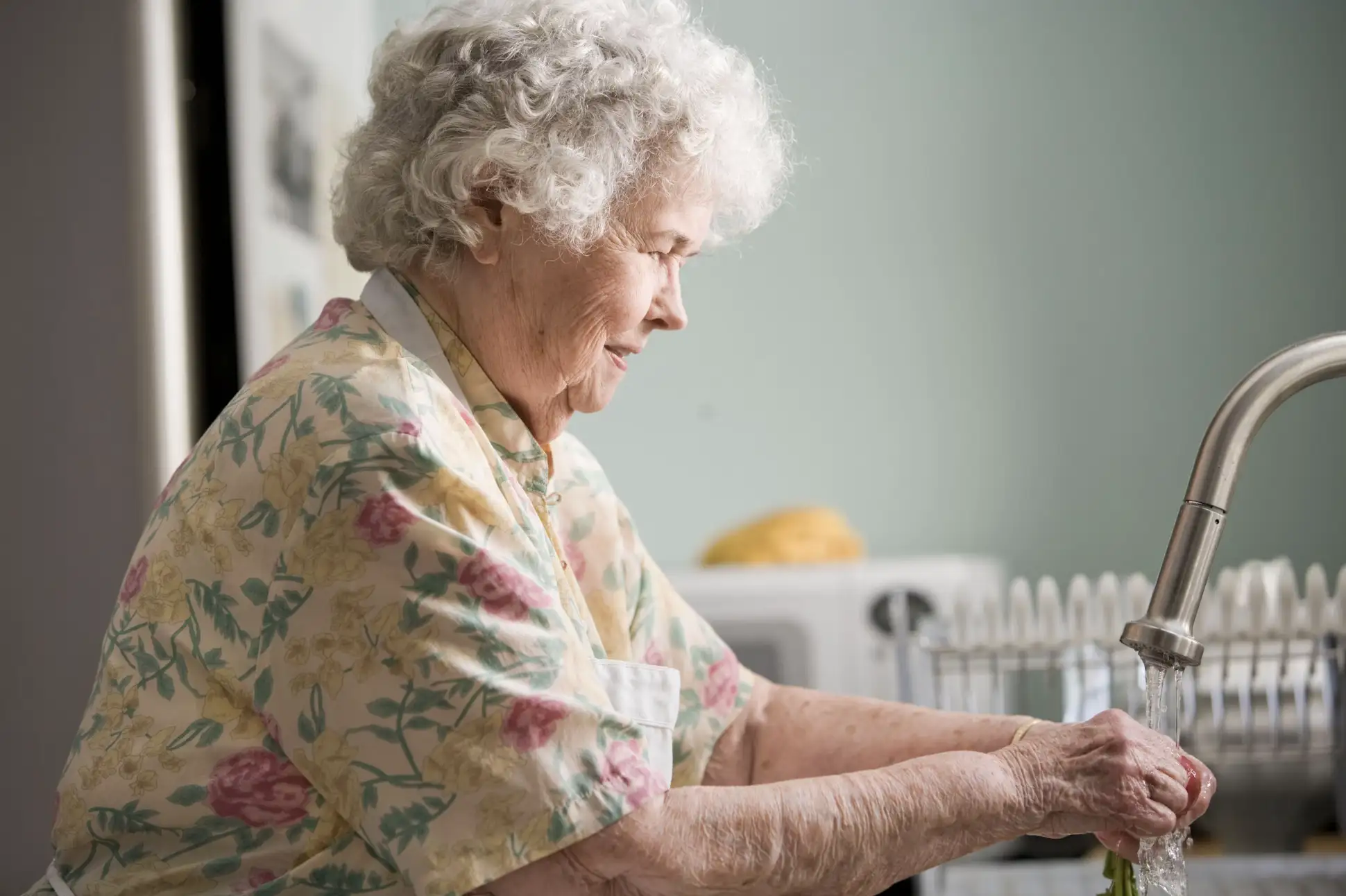It’s a conversation many of us hope we never have to have, and a reality that can feel overwhelming and confusing. You’ve started to notice that your parent is struggling, and the thought, “I think they need help,” has crossed your mind. You’re not alone in this, and you’re in the right place. This guide is here to walk you through every step, answer your questions, and turn confusion into a clear, actionable plan.
How Do You Know When It’s Time? The First Big Question
One of the hardest parts is simply knowing for sure if your parent needs help. There’s no single answer, but there are common signs. Look for changes in their daily life. Are they struggling with household chores, forgetting appointments, or seem more isolated? Trust your instincts. If you’re worried, it’s time to start exploring the options gently.
Step-by-Step Guide: Getting Started with Aged Care in Australia
Navigating the aged care system can feel like learning a new language. Here is a simple, step-by-step process to get you started.
Step 1: Contact My Aged Care
My Aged Care is the official starting point for all government-funded aged care services in Australia. You can call them at 1800 200 422 or visit the My Aged Care website.
Step 2: The Assessment (ACAT)
Your parent will need an assessment to determine their specific care needs and what services they are eligible for. This is called an ACAT (Aged Care Assessment Team) assessment. It’s a comprehensive chat, usually done at home, to understand your parent’s situation.
Step 3: Understanding the Outcome
After the assessment, you will receive a letter explaining the types of care your parent has been approved for. This is the key that unlocks the next steps.
Step 4: Finding a Provider
Once you know what you’re eligible for, you can start looking for a provider who is the right fit for your family. The My Aged Care website has a “Find a Provider” tool to help.
Demystifying the Jargon: Understanding Your Options
The aged care world is full of acronyms. Here’s what the most common ones mean in plain English:
- Commonwealth Home Support Programme (CHSP): Designed for those who need a little bit of help to stay independent at home. Think of it as entry-level support, like help with cleaning or meals once a week.
- Home Care Package (HCP): A more comprehensive package of care and services to help your parent live independently in their own home for as long as possible. There are four levels, from basic to high-level care.
- Residential Aged Care (Nursing Homes): For when living at home is no longer possible. This provides 24/7 care in a dedicated facility.
- Respite Care: Provides short-term care, giving you or other carers a break. This can be for a few hours, a few days, or longer.
The Conversations We Dread: Talking to Your Parents About Care
This is often the biggest hurdle. Your parent may feel like they are losing their independence, and it’s a sensitive topic. Here are some tips for a more compassionate conversation:
- Start with empathy: Acknowledge their fears. Say things like, “I know this is hard to talk about, but I’m worried about you.”
- Focus on their goals: Frame it around what they want. “I want you to be safe and happy at home. Let’s look at some options that could make things easier.”
- Involve them in the process: Let them lead the research with you. Give them a sense of control over the decisions being made.
Frequently Asked Questions (The Worries We All Share)
What if my parent refuses to get help?
This is incredibly common. The key is patience and gentle persistence. Sometimes, starting with a very small service, like a cleaner, can help them get used to the idea of receiving support. Involving a trusted GP can also help.
How much does aged care cost?
This is a big worry for many families. The Australian Government subsidises a large portion of aged care costs, but you will likely need to contribute. How much you pay depends on your parent’s income and assets and the type of care they need. The My Aged Care fee estimator is a good place to start.
I feel so guilty about this. Is that normal?
Yes, it is completely normal to feel guilty, sad, or overwhelmed. You are navigating a major life change for your family. Remember that getting your parent the right support is a loving act that ensures their safety and quality of life.
How do I manage disagreements with my siblings?
Family conflict is common. Try to hold a family meeting where everyone can voice their opinions and fears. Focus on the shared goal: what is best for your parent. If you’re stuck, a family counsellor or social worker can help mediate.
Starting the aged care journey is a marathon, not a sprint. It’s okay to feel overwhelmed, but you don’t have to do it alone. The most important thing is to take the first step.
At MD Home Care, we believe that everyone deserves to live with dignity and independence. We can help you understand the options and find a solution that works for your family.
If you have questions or just need to talk to someone who understands, contact MD Home Care today.


